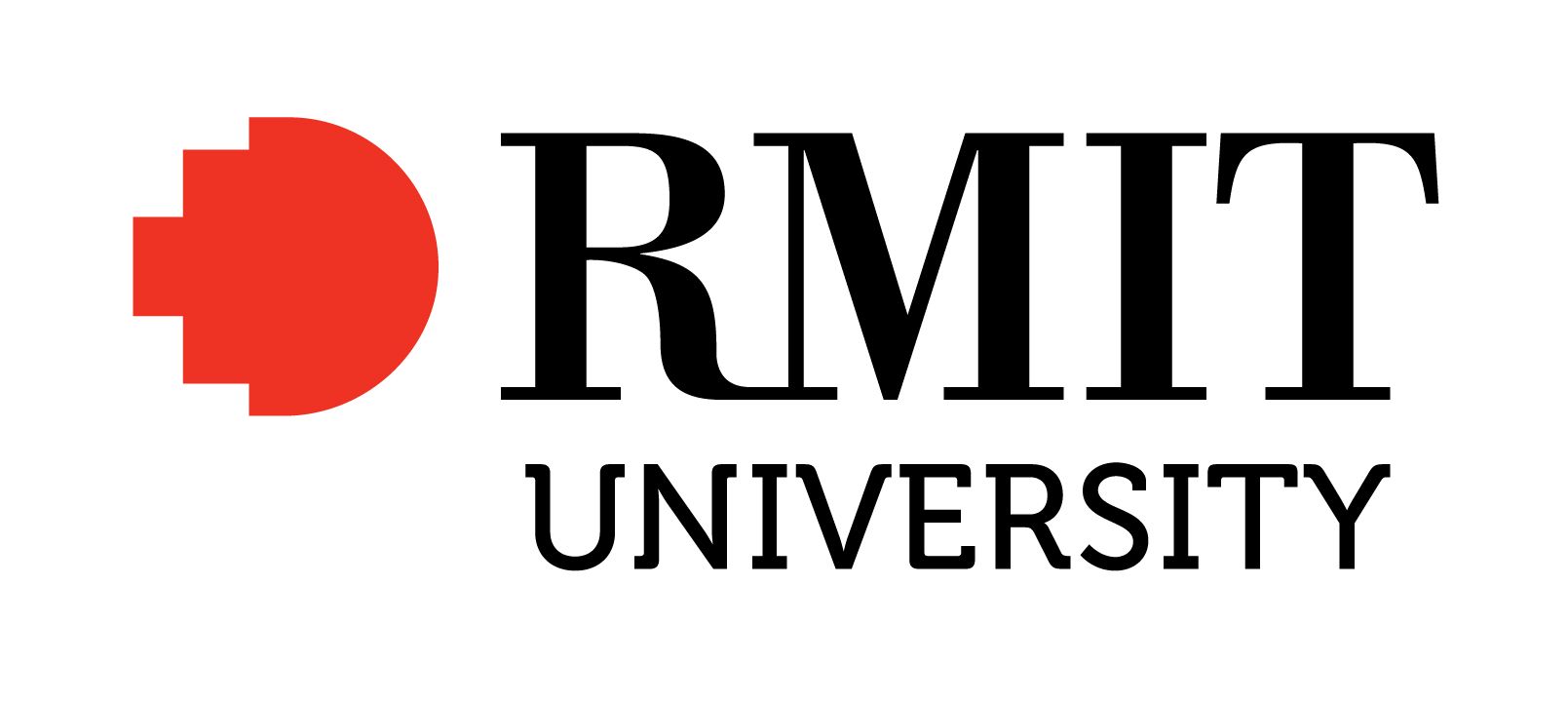Full description
The attached data with this journal article consists of an ESM zip containing three files. The file fedges.txt are the edges that define the network, the file tedges.txt are the edges between the different layers of the network, while data in the file twitter_foursquare_mapper.dat provides the basic info of each node of the network, as stated in the first row. In this article, the link prediction problem in multiplex networks is studied. In the author's words: "As an example, we consider a multiplex network of Twitter (as a microblogging service) and Foursquare (as a location-based social network). We consider social networks of the same users in these two platforms and develop a meta-path-based algorithm for predicting the links. The connectivity information of the two layers is used to predict the links in Foursquare network. Three classical classifiers (naive Bayes, support vector machines (SVM) and K-nearest neighbour) are used for the classification task. Although the networks are not highly correlated in the layers, our experiments show that including the cross-layer information significantly improves the prediction performance. The SVM classifier results in the best performance with an average accuracy of 89%." Subjects
Applied Mathematics |
Complex networks |
Dynamical Systems in Applications |
Link prediction |
Mathematical Sciences |
Machine learning |
Recommender Systems |
Signed networks |
Social networks |
User Contributed Tags
Login to tag this record with meaningful keywords to make it easier to discover
Identifiers
- Local : 1088f94d1c6c19d1f1c75fdb5e8a4701


